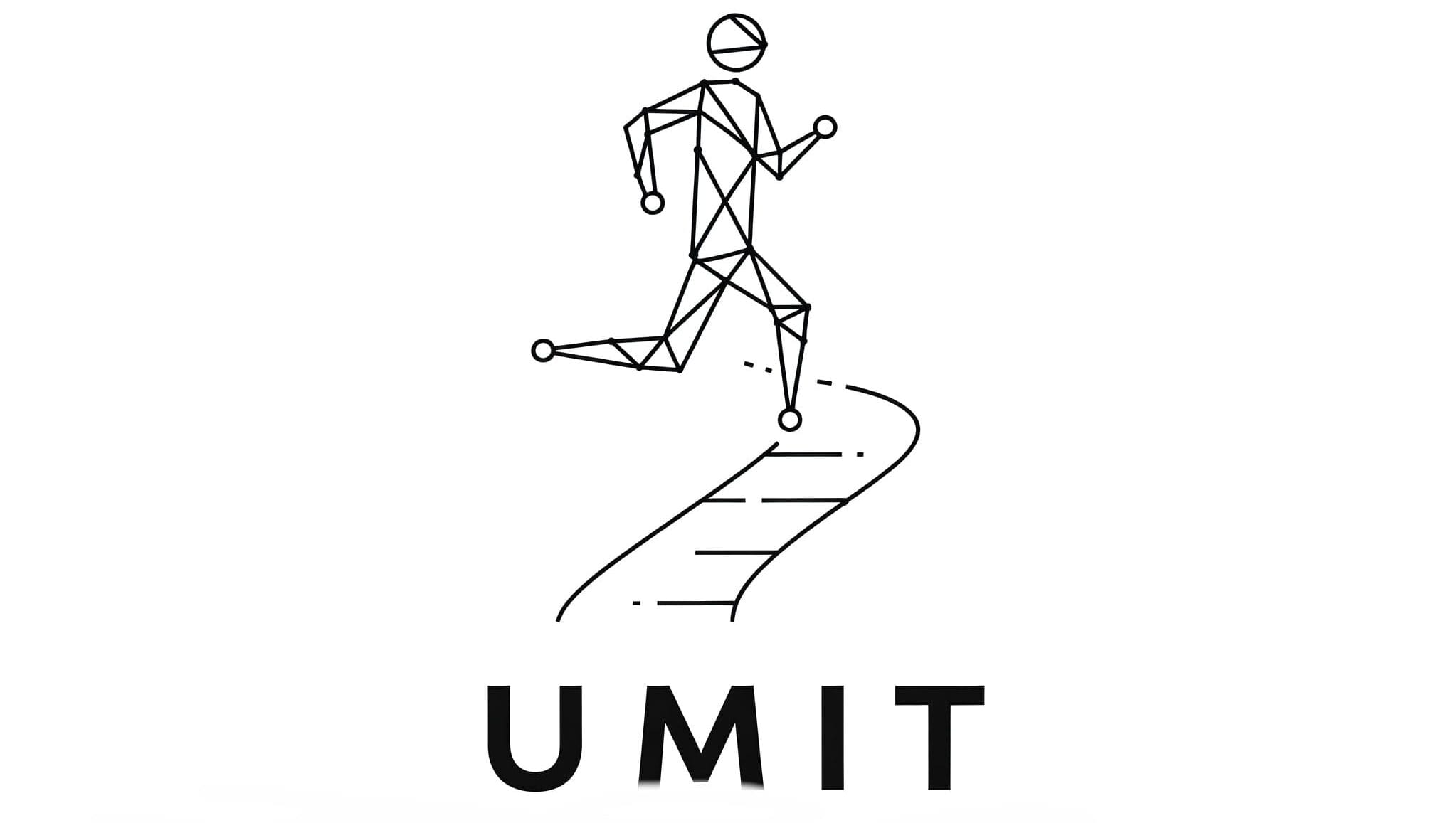Endurance running demands more than just strong legs and mental grit; it requires a finely tuned internal chemistry. Central to this balance are special minerals known as “electrolytes.” But what exactly are they, and why are they so crucial for you as a runner?
Electrolytes are minerals that carry an electrical charge when dissolved in your body fluids. They are fundamental for basic life functions, including maintaining the electrical neutrality of cells, generating nerve impulses, and enabling muscle contractions [Source: 1, 2]. For runners, especially during long workouts or races where significant fluid and electrolytes are lost through sweat, maintaining this balance becomes critical for performance, health, and safety [Source: 4, 5].
Let’s dive into the scientific roles of the five key electrolytes most important for your running performance:
- Sodium (Na+): The Fluid Balancer and Nerve Conductor
Sodium is the primary positively charged ion (cation) found in the fluid outside your cells (extracellular fluid). It plays a paramount role in maintaining fluid balance, blood volume, and plasma osmolality (the concentration of dissolved particles in your blood plasma) [Source: 13]. Sodium is vital for transmitting nerve impulses and triggering muscle contractions. It also helps your body absorb nutrients, like glucose, across the intestinal wall – a process that simultaneously aids water absorption [Source: 13]. Furthermore, sodium is a key driver of your thirst mechanism, signaling your body when it’s time to drink [Source: 13, 16].
- Potassium (K+): The Intracellular Partner and Muscle Regulator
Potassium is the major cation inside your cells. It works closely with sodium, primarily through the sodium-potassium pump, to maintain the electrochemical gradients across cell membranes. These gradients are essential for nerve signal transmission and muscle contractions, including the regulation of your heart rhythm [Source: 14]. Potassium is also involved in carbohydrate metabolism and the storage of glycogen (your body’s stored form of glucose) in muscles and the liver. Significant imbalances can lead to muscle weakness, fatigue, and potentially dangerous cardiac arrhythmias [Source: 14].
- Magnesium (Mg++): The Energy and Relaxation Mineral
Another predominantly intracellular cation, magnesium is a helper molecule (cofactor) in over 300 enzymatic reactions, many of which are central to energy production (ATP metabolism) [Source: 15]. It’s essential for normal muscle function (including the crucial relaxation phase after contraction), nerve transmission, building proteins, and maintaining bone health [Source: 15]. While magnesium deficiency can impair performance and may be linked to muscle cramps, the direct evidence supporting magnesium supplementation specifically for boosting athletic performance during exercise is considered less robust compared to other nutrients [Source: 15, 20, 21].
- Calcium (Ca++): More Than Just Bones – The Muscle Trigger
While famous for its role in bone health, calcium is also vital for immediate physiological processes during exercise. It’s the key that unlocks muscle contraction after a nerve signal arrives [Source: 15]. Calcium is also involved in nerve impulse transmission and hormone secretion. Maintaining adequate calcium levels supports proper muscle function during your runs [Source: 15, 19].
- Chloride (Cl-): The Silent Partner in Fluid Balance
As the primary negatively charged ion (anion) in the extracellular fluid, chloride works closely with sodium. Together, they help maintain fluid balance, osmotic pressure (which influences water movement across membranes), and the body’s acid-base (pH) balance [Source: 16]. Because it’s closely associated with sodium, significant amounts of chloride are lost alongside sodium in sweat [Source: 16, 8].
Electrolyte Imbalance: Risks and Symptoms
Electrolyte imbalances can manifest in various ways, ranging from mild symptoms like muscle cramps, dizziness, and fatigue to severe conditions such as heat exhaustion, hyponatremia (low sodium), or hyperkalemia (high potassium). Runners should be particularly aware of these risks, especially during long runs in hot and humid conditions.
How to Maintain Optimal Electrolyte Balance as a Runner
- Eat a balanced diet: Include foods rich in natural electrolytes, such as bananas (potassium), nuts (magnesium), dairy (calcium), and salted foods (sodium).
- Stay hydrated smartly: Use electrolyte-rich sports drinks during long runs or intense workouts.
- Listen to your body: If you experience symptoms of imbalance, such as cramping or dizziness, consider adjusting your intake.
- Customize your electrolyte strategy: Based on your sweat rate, exercise intensity, and weather conditions.
Conclusion: A Symphony of Minerals
These five electrolytes don’t work in isolation; they function together in a complex interplay crucial for keeping your body running smoothly, kilometer after kilometer. Sodium and potassium manage nerve signals and fluid shifts, calcium and magnesium orchestrate muscle contractions and relaxation, and chloride supports overall fluid balance. Understanding these fundamental roles helps appreciate why replacing electrolytes lost through sweat is so important during prolonged endurance exercise. It’s not just about hydration; it’s about maintaining the very electrical and chemical systems that power your performance.
❓ Frequently Asked Questions
🔋 What are electrolytes and why are they important for runners?
Electrolytes are minerals that carry an electrical charge when dissolved in body fluids. They are essential for maintaining fluid balance, nerve function, and muscle contractions, especially important during endurance running.
💧 How do runners lose electrolytes?
Runners primarily lose electrolytes through sweat. Sodium, chloride, potassium, magnesium, and calcium are the key electrolytes lost during long or intense workouts.
🏃♂️ What are the symptoms of electrolyte imbalance?
Symptoms include muscle cramps, fatigue, dizziness, irregular heartbeats, and in severe cases, hyponatremia (low blood sodium), which can be life-threatening.
🧂 Should I take electrolyte supplements while running?
If you’re running for more than an hour or sweating heavily, electrolyte supplements can help maintain balance and prevent cramps or fatigue.
🥤 How much water should I drink along with electrolytes?
It’s best to drink a balanced mix of water and electrolyte-rich beverages. Avoid excessive water without electrolytes, which can lead to hyponatremia.
🍌 Are bananas a good source of electrolytes for runners?
Yes, bananas are an excellent source of potassium, one of the key electrolytes needed for muscle function.
🧃 Can I replace electrolytes with sports drinks?
Sports drinks can be a convenient way to replace lost electrolytes, but they may also contain added sugars. Choose a low-sugar, electrolyte-rich option.
⚡ What is the most important electrolyte for runners?
Sodium is often the most critical electrolyte for runners because it is lost in the greatest amounts through sweat.
❌ Can too many electrolytes be harmful?
Yes, excessive electrolyte intake can lead to issues such as hyperkalemia (high potassium) or hypernatremia (high sodium), both of which can be dangerous.
🌡️ How does heat affect electrolyte loss?
In hot conditions, sweat rate increases, leading to higher electrolyte loss. Adjusting your intake is crucial during hot weather running.
🏅 Should I use electrolyte tablets or powders?
Both can be effective. Tablets are convenient for long runs, while powders allow you to customize your drink’s concentration.
🍲 Can I get enough electrolytes from food alone?
A balanced diet can provide sufficient electrolytes, but runners may need extra during intense or long-duration exercise.
🚰 Can I overhydrate and cause an electrolyte imbalance?
Yes, drinking too much plain water without replacing electrolytes can lead to hyponatremia, a dangerous condition.
🥶 Do I need electrolytes in cold weather runs?
Yes, you can still lose electrolytes through sweat, even in cold weather. Maintain a balanced intake.
🌱 Are there natural electrolyte sources for vegans?
Yes, foods like coconut water, bananas, leafy greens, nuts, and seeds are excellent plant-based sources of electrolytes.
🕰️ When should I start taking electrolytes during a run?
For runs longer than an hour, start consuming electrolytes within the first 45 minutes and continue at regular intervals.
🚫 Can I avoid all added sugars in electrolyte drinks?
Yes, there are many sugar-free electrolyte products available, or you can make your own using natural ingredients.
💡 How do I know if I am getting enough electrolytes?
Monitor your performance, recovery, and any symptoms like muscle cramps or dizziness. Blood tests can also confirm your levels.
🌍 Are there any eco-friendly electrolyte options?
Yes, you can use reusable bottles and mix your own electrolyte drinks to minimize plastic waste.
📈 Can too much salt in my diet replace lost electrolytes?
Not necessarily. Excessive salt without proper balance can cause dehydration or other health issues.

About the Author
Lost Pace is an ultramarathon runner, shoe-tester and the founder of umit.net. Based year-round in Türkiye’s rugged Kaçkar Mountains, he has logged 10,000 + km of technical trail running and completed multiple 50 K–100 K ultras.
Blending mountain grit with data, Lost analyses power (CP 300 W), HRV and nutrition to craft evidence-backed training plans. He has co-written 260 + long-form guides on footwear science, recovery and endurance nutrition, and is a regular beta-tester of AI-driven coaching tools.
When he isn’t chasing PRs or testing midsoles, you’ll find him sharing peer-reviewed research in plain English to help runners train smarter, stay healthier and finish stronger.
Ultrarunner · Data geek · Vegan athlete
